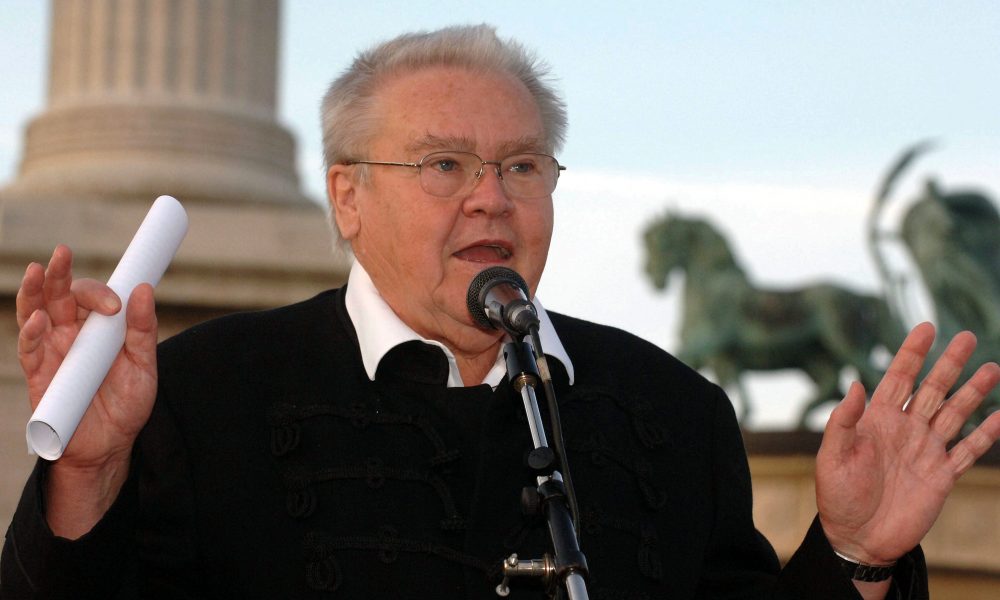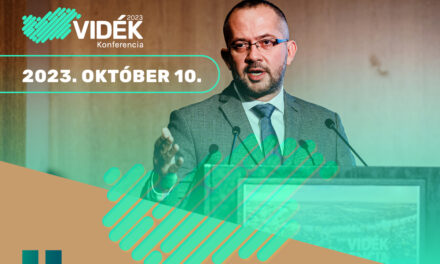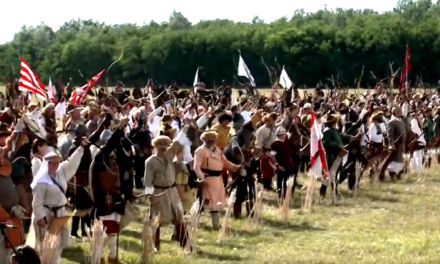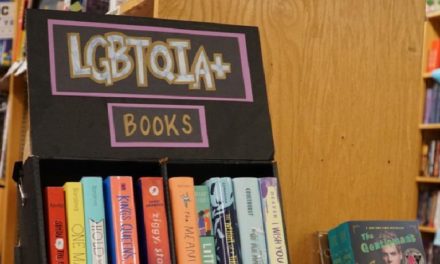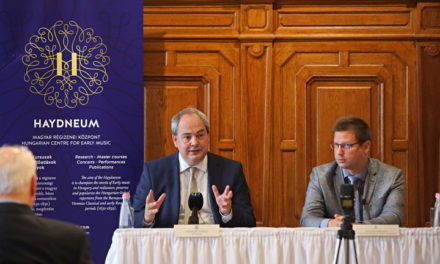Ninety years ago, on March 27, 1934, István Csurka was born, one of the most emblematic politicians and playwrights of the period known as regime change - if you like: political playwright.
István Csurka was born into a reformed family, through his mother, Erzsébet Bodnár, he was connected to Partium, Nagyvárad, and Transylvania, while his father, Péter Csurka, was a writer in the 1930s and 1940s, and his younger brother, László Csurka, was an actor. As can be read , from the time Csurka returned to Northern Transylvania until the age of ten, he lived in Nagyvárád, where he fled with his family.
He also brought his love of literature and his personal attachment to Trianon through the family line."
Csurka and his past as an agent
Csurka graduated from the reformed high school in Békés. After that, he was a dramaturg student at the College of Theater and Film Arts, among other things, as a classmate of György Moldova. His first writing was published in 1954, and his first volume two years later. During the 1956 revolution and war of independence, he was the head of the college national guard, for which he was sent to Kistarcsa Central Internment Camp for half a year, where he was imprisoned with the three Dénes (Dénes Kiss, Dénes Demeter Hajdú and János Dénes), with whom he made a lifelong friendship.
A year later, he was recruited under the cover name Raskolnikov as a III/III agent, he revealed this himself following the internal strife of his party at the time, the Hungarian Democratic Forum (MDF), and according to his claim, he signed the recruitment declaration during the internment under duress, but never reported deed. Historian Zsuzsanna Borvendég's research revealed that in 1964, as a person excluded from the network, his work file was archived:
he was declared unfit for whistle-blowing, but less than seven years after his recruitment, he was excluded from the network. In any case, based on the revealed internal affairs documents, Csurka was continuously monitored by the communist Hungarian state security for almost three decades from the end of the fifties.
He married Anna Kladek in 1957, and their son Endre was born the following year. He married his second wife, Klára Borsányi, in 1969. They had two daughters, Eszter and Dóra.
A writer turned politician
Csurka worked as a freelance writer until the regime change. He consciously built the image of a "difficult boy" who moved at home in the "bohemian world" of the time, in the "deep waters" of the Hungária coffee house and other restaurants, risking the abundant financial remuneration of his artistic activity at card parties and on the horse race track, according to the website of the Digital Literary Academy.
Csurka burst into the public consciousness with his theater and film career, which began in the early sixties, and as Gábor Reichter wrote, he was considered one of the best-paid Hungarian writers for a few years. Until the regime change, he was temporarily banned twice from publishing and presenting his works.
In 1973, in addition to the investigation by the Writers' Association, police and prosecutorial proceedings were also initiated against him for his scandalous behavior in the Szigliget art gallery, and for his anti-establishment and anti-Semitic expressions. As a result of the case, he received a year of silence. His second period of silence took place in 1986, because he contributed to the reading of his lecture A véres kard, given in New York on March 15, on Radio Szabad Európa, and to the publication of his book of essays entitled The Unacceptable Reality, also at Püski Kiadó, which operates overseas.
From the seventies and eighties, Csurka became more and more active in public life.
He gave his name to Charter '77, published in the Bibó Memorial Book, stood up for Sándor Csoóri, who was sanctioned by the Writers' Union, and thus reached the 1985 monori (where, in addition to representatives of the democratic opposition, historians, 56-year-olds, reform economists, popular writers criticized the communist Kádár system), and until the 1987 housing meeting.
He spoke at the Monorierdö camping site: "There is no land issue today. His land essentially belongs to nobody. Land and wealth have now been replaced by information, culture and free time. This is the wealth that everyone should have freely, it should be distributed fairly and democratically. Today, however, there are information magnates and information tycoons."
And in 1987:
"There is no other option but to be pro-reform. Nothing would be more fatal for the future of Hungary than a blind rebellion, a descent into senseless chaos without a program, after which brutal violence without a program would follow, with the triumph of impunity."
His thesis changed everything
From 1990 to 1993, until he was expelled from the party, he worked as a member of parliament for the MDF, while at the same time constantly whipping the coalition government and the MDF. In 1992, his thesis entitled "Some thoughts in connection with the two years of the system change and the MDF's new program" - really blew the fuse, because Csurka summed it up as follows: the MDF-SZDSZ pact concluded after the first free parliamentary votes - the definition of the scope of the two-thirds laws, the establishment of the strong position of Prime Minister, the election of Árpád Göncz as President of the Republic.
"So the MDF has to get rid of the pact spirit that is rotting inside."
"We don't have to wait for foreign applause any longer, because a part of the foreign country, at the suggestion of the old banking connections, is applauding helplessness and mediocrity, saying that it is democratic and market economy, which is robbery."
"Today, the national forces are fragmented on all sides, both on the "right" and on the "left", not only because they cleverly incited us against each other, but also because we did not have the will to unite. No one noticed the great danger inherent in chipping."
In 1993, he founded the national radical Hungarian Justice and Life Party (MIÉP) - before that, the Hungarian Justice National Policy Group within the MDF, which included those members of parliament who did not ratify the Ukrainian-Hungarian Basic Treaty - meanwhile he created the Hungarian Út Körök movement, then came the founding of the party - which had a parliamentary faction between 1998 and 2002, and of which he remained the president until his death on February 4, 2012.
Featured image: István Csurka gives a speech at Hősök square on June 27, 2008, on the twentieth anniversary of the demonstration against the 1988 village destruction in Transylvania. Photo: MTI/Attila Kovács

